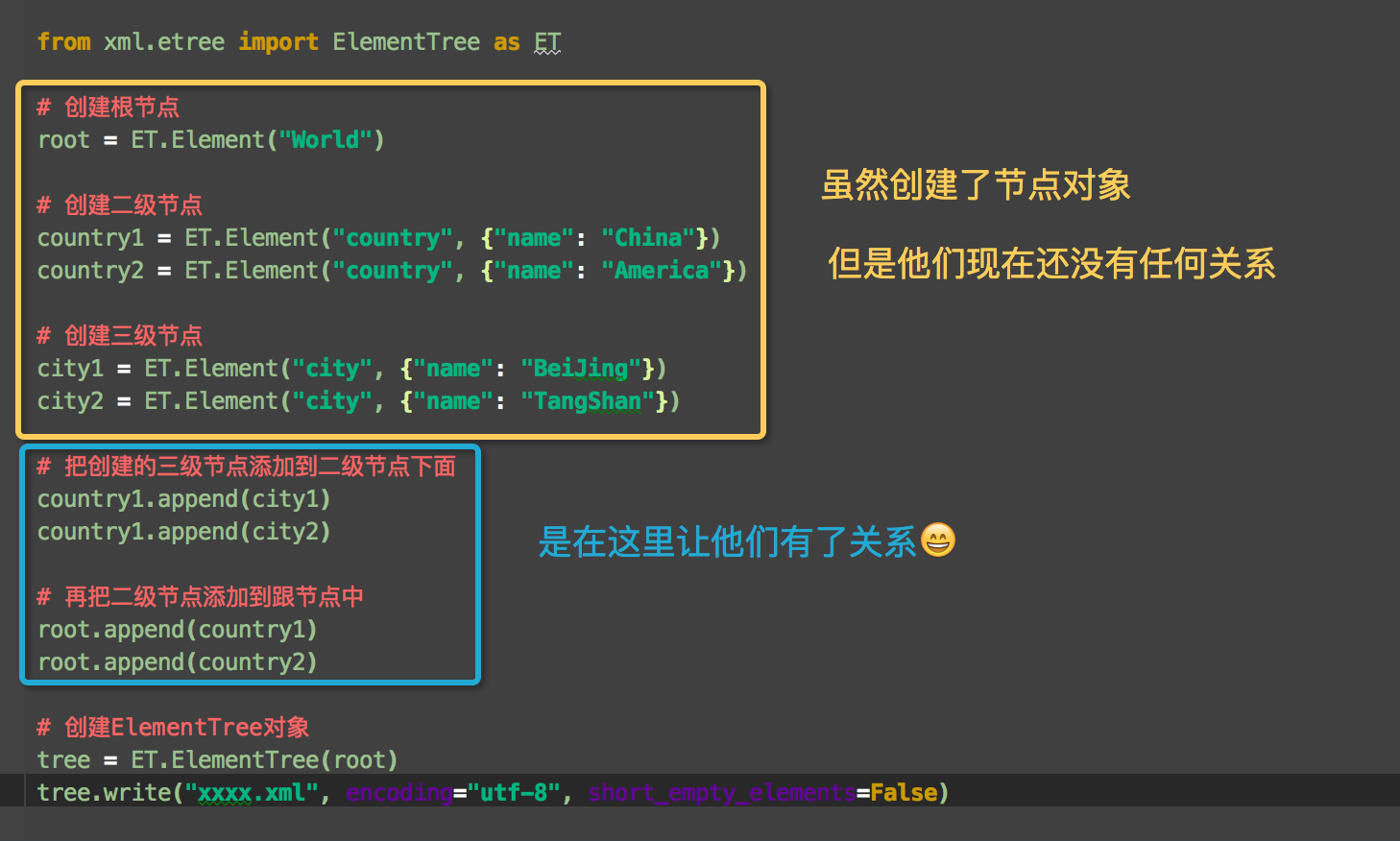1
2
3
4
5
6
7
8
9
10
11
12
13
14
15
16
17
18
19
20
21
22
23
24
25
26
27
28
29
30
31
32
33
34
35
36
37
38
39
40
41
42
43
44
45
46
47
48
49
50
51
52
53
54
55
56
57
58
59
60
61
62
63
64
65
66
67
68
69
70
71
72
73
74
75
76
77
78
79
80
81
82
83
84
85
86
87
88
89
90
91
92
93
94
95
96
97
98
99
100
101
102
103
104
105
106
107
108
109
110
111
112
113
114
115
116
117
118
119
120
121
122
123
124
125
126
127
128
129
130
131
132
133
134
135
136
137
138
139
140
141
142
143
144
145
146
147
148
149
150
151
152
153
154
155
156
157
158
159
160
161
162
163
164
165
166
167
168
169
170
171
172
173
174
175
176
177
178
179
180
181
182
183
184
185
186
187
188
189
190
191
192
193
194
195
196
197
198
199
200
201
202
203
204
205
206
207
208
209
210
211
212
213
214
215
216
217
218
219
220
221
222
223
224
225
226
227
228
229
230
231
232
233
234
235
236
237
238
239
240
241
242
243
244
245
246
247
248
249
250
251
252
253
254
255
256
257
258
259
260
261
262
263
264
265
266
267
268
269
270
271
272
273
274
275
276
277
278
279
280
281
282
283
284
285
286
287
288
289
290
291
292
293
294
295
296
297
298
299
300
301
302
303
304
305
306
307
308
309
310
311
312
313
314
315
316
317
318
319
320
321
322
323
324
325
326
327
328
329
330
331
332
333
334
335
336
337
| class Element:
"""An XML element.
This class is the reference implementation of the Element interface.
An element's length is its number of subelements. That means if you
want to check if an element is truly empty, you should check BOTH
its length AND its text attribute.
The element tag, attribute names, and attribute values can be either
bytes or strings.
*tag* is the element name. *attrib* is an optional dictionary containing
element attributes. *extra* are additional element attributes given as
keyword arguments.
Example form:
<tag attrib>text<child/>...</tag>tail
"""
当前节点的标签名
tag = None
"""The element's name."""
当前节点的属性
attrib = None
"""Dictionary of the element's attributes."""
当前节点的内容
text = None
"""
Text before first subelement. This is either a string or the value None.
Note that if there is no text, this attribute may be either
None or the empty string, depending on the parser.
"""
tail = None
"""
Text after this element's end tag, but before the next sibling element's
start tag. This is either a string or the value None. Note that if there
was no text, this attribute may be either None or an empty string,
depending on the parser.
"""
def __init__(self, tag, attrib={}, **extra):
if not isinstance(attrib, dict):
raise TypeError("attrib must be dict, not %s" % (
attrib.__class__.__name__,))
attrib = attrib.copy()
attrib.update(extra)
self.tag = tag
self.attrib = attrib
self._children = []
def __repr__(self):
return "<%s %r at %#x>" % (self.__class__.__name__, self.tag, id(self))
def makeelement(self, tag, attrib):
创建一个新节点
"""Create a new element with the same type.
*tag* is a string containing the element name.
*attrib* is a dictionary containing the element attributes.
Do not call this method, use the SubElement factory function instead.
"""
return self.__class__(tag, attrib)
def copy(self):
"""Return copy of current element.
This creates a shallow copy. Subelements will be shared with the
original tree.
"""
elem = self.makeelement(self.tag, self.attrib)
elem.text = self.text
elem.tail = self.tail
elem[:] = self
return elem
def __len__(self):
return len(self._children)
def __bool__(self):
warnings.warn(
"The behavior of this method will change in future versions. "
"Use specific 'len(elem)' or 'elem is not None' test instead.",
FutureWarning, stacklevel=2
)
return len(self._children) != 0
def __getitem__(self, index):
return self._children[index]
def __setitem__(self, index, element):
self._children[index] = element
def __delitem__(self, index):
del self._children[index]
def append(self, subelement):
为当前节点追加一个子节点
"""Add *subelement* to the end of this element.
The new element will appear in document order after the last existing
subelement (or directly after the text, if it's the first subelement),
but before the end tag for this element.
"""
self._assert_is_element(subelement)
self._children.append(subelement)
def extend(self, elements):
为当前节点扩展 n 个子节点
"""Append subelements from a sequence.
*elements* is a sequence with zero or more elements.
"""
for element in elements:
self._assert_is_element(element)
self._children.extend(elements)
def insert(self, index, subelement):
在当前节点的子节点中插入某个节点,即:为当前节点创建子节点,然后插入指定位置
"""Insert *subelement* at position *index*."""
self._assert_is_element(subelement)
self._children.insert(index, subelement)
def _assert_is_element(self, e):
if not isinstance(e, _Element_Py):
raise TypeError('expected an Element, not %s' % type(e).__name__)
def remove(self, subelement):
在当前节点在子节点中删除某个节点
"""Remove matching subelement.
Unlike the find methods, this method compares elements based on
identity, NOT ON tag value or contents. To remove subelements by
other means, the easiest way is to use a list comprehension to
select what elements to keep, and then use slice assignment to update
the parent element.
ValueError is raised if a matching element could not be found.
"""
self._children.remove(subelement)
def getchildren(self):
获取所有的子节点(废弃)
"""(Deprecated) Return all subelements.
Elements are returned in document order.
"""
warnings.warn(
"This method will be removed in future versions. "
"Use 'list(elem)' or iteration over elem instead.",
DeprecationWarning, stacklevel=2
)
return self._children
def find(self, path, namespaces=None):
获取第一个寻找到的子节点
"""Find first matching element by tag name or path.
*path* is a string having either an element tag or an XPath,
*namespaces* is an optional mapping from namespace prefix to full name.
Return the first matching element, or None if no element was found.
"""
return ElementPath.find(self, path, namespaces)
def findtext(self, path, default=None, namespaces=None):
获取第一个寻找到的子节点的内容
"""Find text for first matching element by tag name or path.
*path* is a string having either an element tag or an XPath,
*default* is the value to return if the element was not found,
*namespaces* is an optional mapping from namespace prefix to full name.
Return text content of first matching element, or default value if
none was found. Note that if an element is found having no text
content, the empty string is returned.
"""
return ElementPath.findtext(self, path, default, namespaces)
def findall(self, path, namespaces=None):
获取所有的子节点
"""Find all matching subelements by tag name or path.
*path* is a string having either an element tag or an XPath,
*namespaces* is an optional mapping from namespace prefix to full name.
Returns list containing all matching elements in document order.
"""
return ElementPath.findall(self, path, namespaces)
def iterfind(self, path, namespaces=None):
获取所有指定的节点,并创建一个迭代器(可以被for循环)
"""Find all matching subelements by tag name or path.
*path* is a string having either an element tag or an XPath,
*namespaces* is an optional mapping from namespace prefix to full name.
Return an iterable yielding all matching elements in document order.
"""
return ElementPath.iterfind(self, path, namespaces)
def clear(self):
清空节点
"""Reset element.
This function removes all subelements, clears all attributes, and sets
the text and tail attributes to None.
"""
self.attrib.clear()
self._children = []
self.text = self.tail = None
def get(self, key, default=None):
获取当前节点的属性值
"""Get element attribute.
Equivalent to attrib.get, but some implementations may handle this a
bit more efficiently. *key* is what attribute to look for, and
*default* is what to return if the attribute was not found.
Returns a string containing the attribute value, or the default if
attribute was not found.
"""
return self.attrib.get(key, default)
def set(self, key, value):
为当前节点设置属性值
"""Set element attribute.
Equivalent to attrib[key] = value, but some implementations may handle
this a bit more efficiently. *key* is what attribute to set, and
*value* is the attribute value to set it to.
"""
self.attrib[key] = value
def keys(self):
获取当前节点的所有属性的 key
"""Get list of attribute names.
Names are returned in an arbitrary order, just like an ordinary
Python dict. Equivalent to attrib.keys()
"""
return self.attrib.keys()
def items(self):
获取当前节点的所有属性值,每个属性都是一个键值对
"""Get element attributes as a sequence.
The attributes are returned in arbitrary order. Equivalent to
attrib.items().
Return a list of (name, value) tuples.
"""
return self.attrib.items()
def iter(self, tag=None):
在当前节点的子孙中根据节点名称寻找所有指定的节点,并返回一个迭代器(可以被for循环)。
"""Create tree iterator.
The iterator loops over the element and all subelements in document
order, returning all elements with a matching tag.
If the tree structure is modified during iteration, new or removed
elements may or may not be included. To get a stable set, use the
list() function on the iterator, and loop over the resulting list.
*tag* is what tags to look for (default is to return all elements)
Return an iterator containing all the matching elements.
"""
if tag == "*":
tag = None
if tag is None or self.tag == tag:
yield self
for e in self._children:
yield from e.iter(tag)
def getiterator(self, tag=None):
warnings.warn(
"This method will be removed in future versions. "
"Use 'elem.iter()' or 'list(elem.iter())' instead.",
PendingDeprecationWarning, stacklevel=2
)
return list(self.iter(tag))
def itertext(self):
在当前节点的子孙中根据节点名称寻找所有指定的节点的内容,并返回一个迭代器(可以被for循环)。
"""Create text iterator.
The iterator loops over the element and all subelements in document
order, returning all inner text.
"""
tag = self.tag
if not isinstance(tag, str) and tag is not None:
return
if self.text:
yield self.text
for e in self:
yield from e.itertext()
if e.tail:
yield e.tail
|


